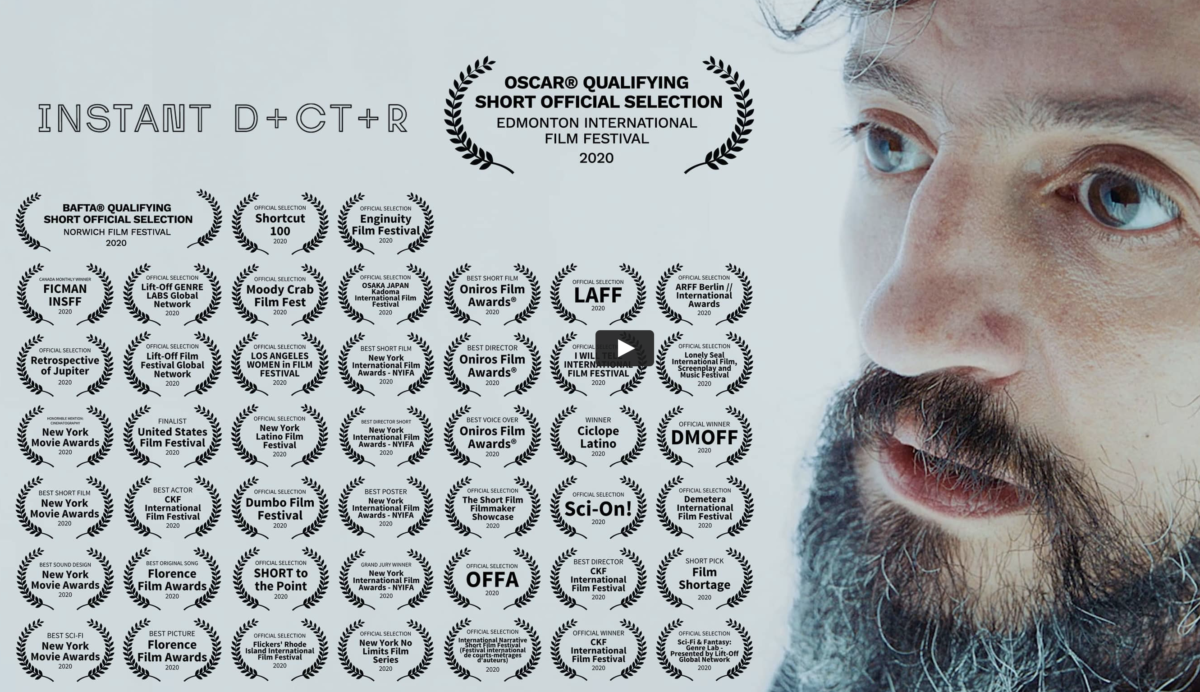During our recent ‘mother of all lockdowns’ here in Victoria, we had a seemingly endless number* of seemingly endless days to fill. Personally – when I wasn’t otherwise engaged in staring at a blank wall or seething at Facebook photos of gleefully non-locked-down friends – I used the time to listen to a few podcasts.
*111 days, but who’s counting?
In one of these podcasts, Ricky Gervais and some fellow comedians got on to the topic of vulnerability in comedy. They made the point that the funniest stories often involve some element of failure or personal fallibility – that is, while difficult experiences may be painful at the time, they can make for great comic material. And, conversely, unbridled success tends not to be all that funny (‘Jeff Bezos makes the average person’s annual salary every 46 seconds? Hilarious!’).
While this observation is especially true of comedy, it undoubtedly has a broader application, especially in our current circumstances.

I think the Covid-19 pandemic has changed how a lot of people think about vulnerability.
With so many of us going through so much hardship, vulnerability seems to have lost some of its stigma. From what I’ve seen, people have become more willing to talk about their personal trials and tribulations, and this is resonating with others, creating an environment that is far more conducive to honest discussion.
In other words, admissions of vulnerability are proving to be a catalyst for communication, rather than a potential barrier.
Of course, it doesn’t necessarily take a once-in-a-century global catastrophe to appreciate this point. If you consider the interactions in your own life, you’ll know that communication immediately becomes deeper when there is some kind of shared vulnerability. You can almost hear that click of connection when a conversation shifts from the protectively glib (‘fine, thanks’) to something more genuine.
For those of us in the business of communications, the power of vulnerability should not come as a surprise. After all, the pratfall effect has been instrumental in some of the greatest campaigns in advertising history.

The advertising revolution of the 60s – epitomised by the legendary VW ‘Think small’ and Avis ‘We try harder’ campaigns – showed us that an admission of weakness can grease the wheels of communication to spectacular effect, particularly when the audience is inured to constant claims of invulnerability.
And the role of vulnerability is equally applicable, if not more so, in healthcare communications. While it can be tempting to assume that healthcare audiences will respond primarily to facts and figures, the importance of human connection cannot be overstated – and that requires some admission of fallibility.

This point is beautifully made in the recent ‘Instant Doctor’ campaign (The Bloc NY), which demonstrates the pitfalls of infallibility by taking healthcare automation to its logical conclusion. It’s an extraordinary piece of communication in its own right – seriously, watch it.
Clearly, ‘being human’ is especially important in our current sphincter of a year. If ever there were a time to admit to a little vulnerability in your communications, 20-expletive-20 is it.